UN experts concerned over deteriorating health of Saudi activist on hunger strike
UN experts have expressed grave concern over the rapidly worsening health condition of jailed Saudi women's right activist Loujain al-Hathloul, who has been on hunger strike since last week, demanding her immediate release.
The UN Committee on the Elimination of Discrimination against Women (CEDAW) said in a statement on Thursday that Hathloul’s deteriorating health was “deeply alarming.”
The committee then voiced outrage over charges against her, saying they were related to the activist’s human rights work and contacts with foreign journalists and diplomats.
“Human rights defenders have the right to communication with the UN, and they should do so free from fear or retribution of any sort,” the rights experts pointed out.
Saudi Arabia had assured the committee in February this year that Hathloul's trial would take place a month later, but the hearing has been postponed several times since then, according to Thursday's statement.
The experts then appealed to King Salman bin Abdulaziz Al Saud to help ensure Hathloul's release.
Loujain was among more than a dozen activists arrested in May 2018, and held on suspicion of harming Saudi Arabia’s interests and offering support to hostile elements abroad.
At the time, international rights groups reported the detention of prominent female campaigners among the detainees, who had previously campaigned for the right to drive and an end to the kingdom’s male guardianship system.
Some were later released, but activists have said several of the women were held in solitary confinement for months and faced torture and sexual harassment.
Saudi Arabia overturned the world's only ban on female motorists on June 24, 2018. The lifting of the prohibition followed a sweeping crackdown on prominent women's rights activists, who had staunchly advocated for the right to drive.
Saudi authorities have arrested dozens of activists, bloggers, intellectuals and others perceived as political opponents ever since Crown Prince Mohammed bin Salman became Saudi Arabia’s de facto leader in 2017, showing almost zero tolerance for dissent even in the face of international condemnations of the clampdown.
Over the past years, Riyadh has also redefined its anti-terrorism laws to target activism.
ElBaradei condemns US threats of military action against Iran
‘No two-hour war’: Iran vows immediate retaliation to any attack
VIDEO | US warmongering threatens stability
Pezeshkian: US must end provocations if it seeks genuine diplomacy
Iran summons German ambassador over Merz’s ‘low-minded’ remarks
Iran's Armed Forces warn EU of ‘consequences’ of IRGC designation
Iran FM: EU’s blacklisting of IRGC a ‘major strategic mistake’
EU blacklists IRGC in legally flawed move irrespective of consequences


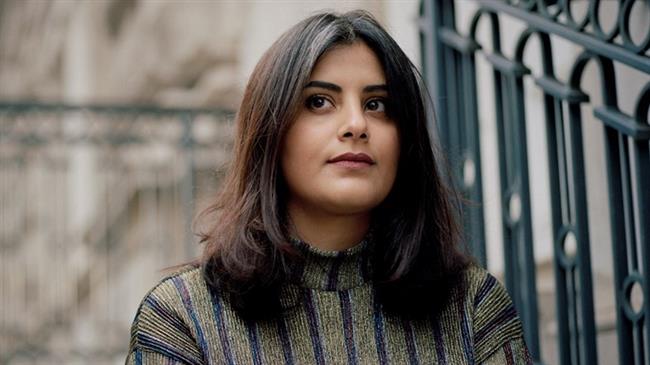


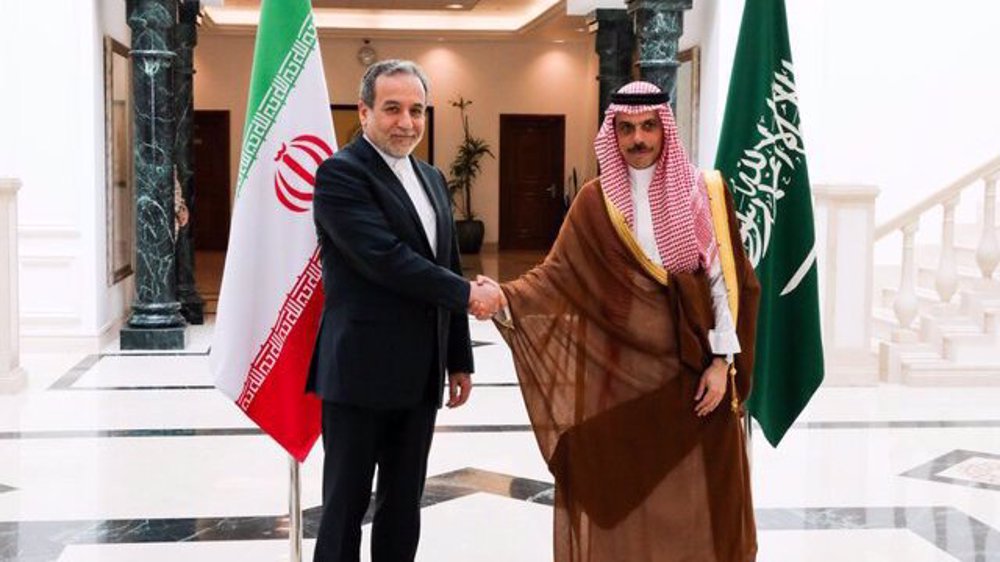
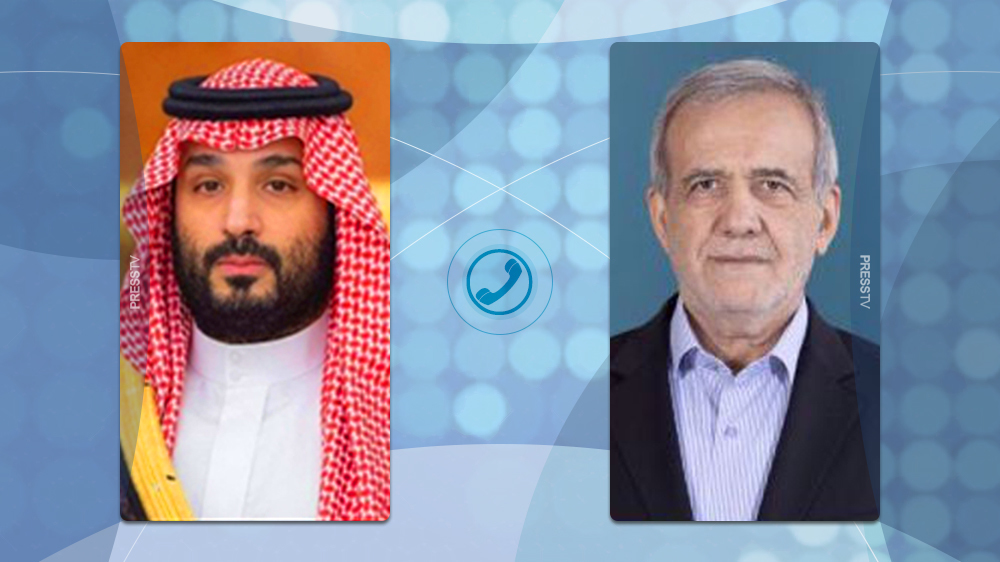
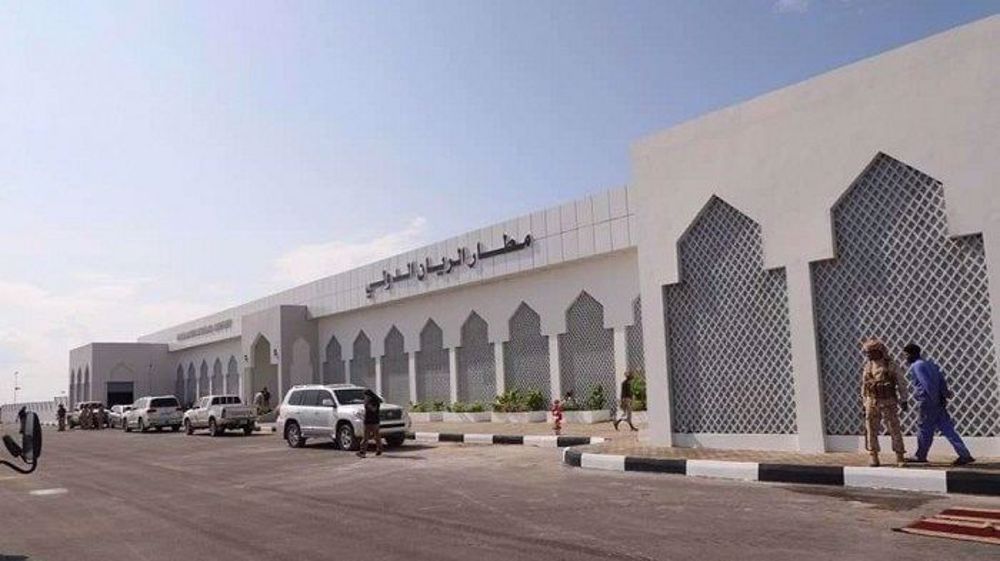



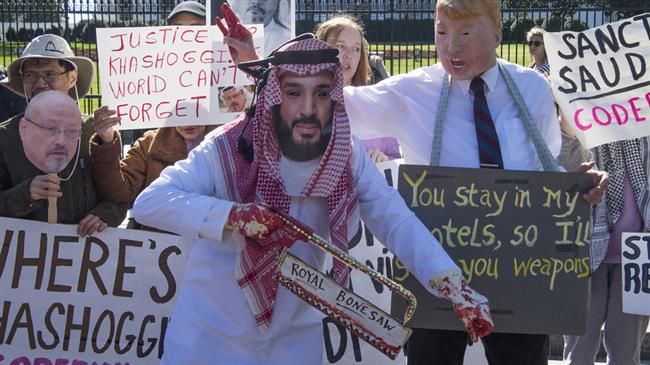
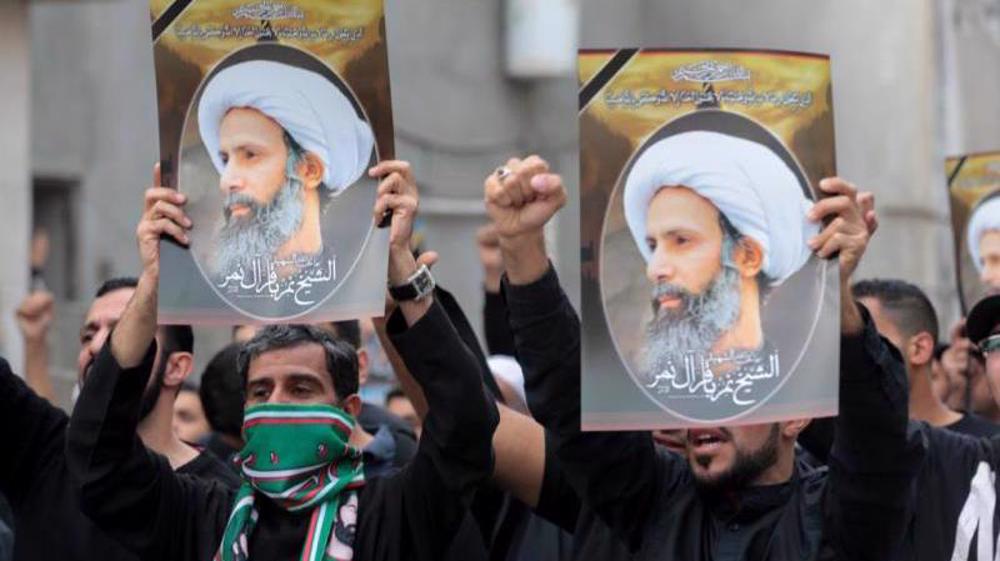

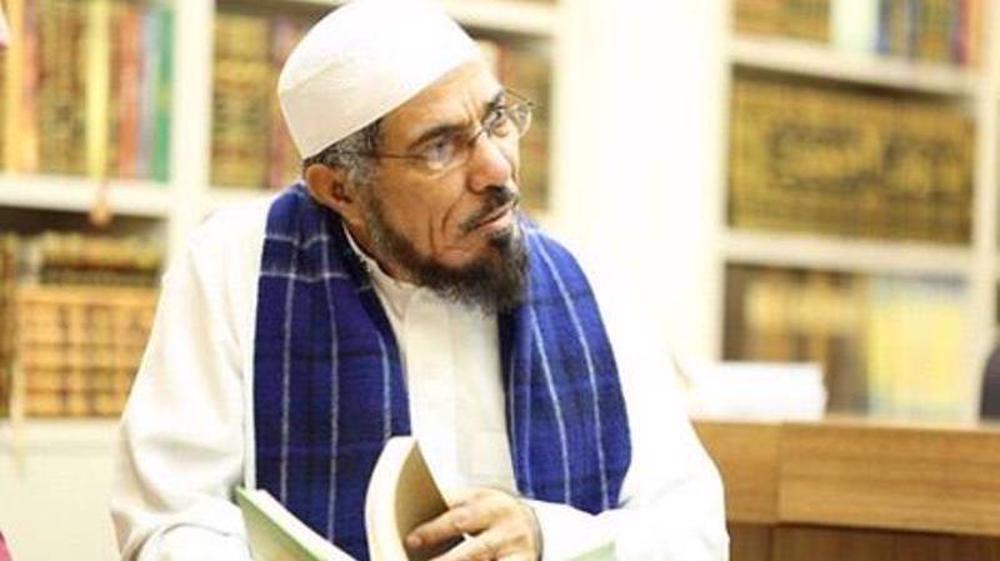



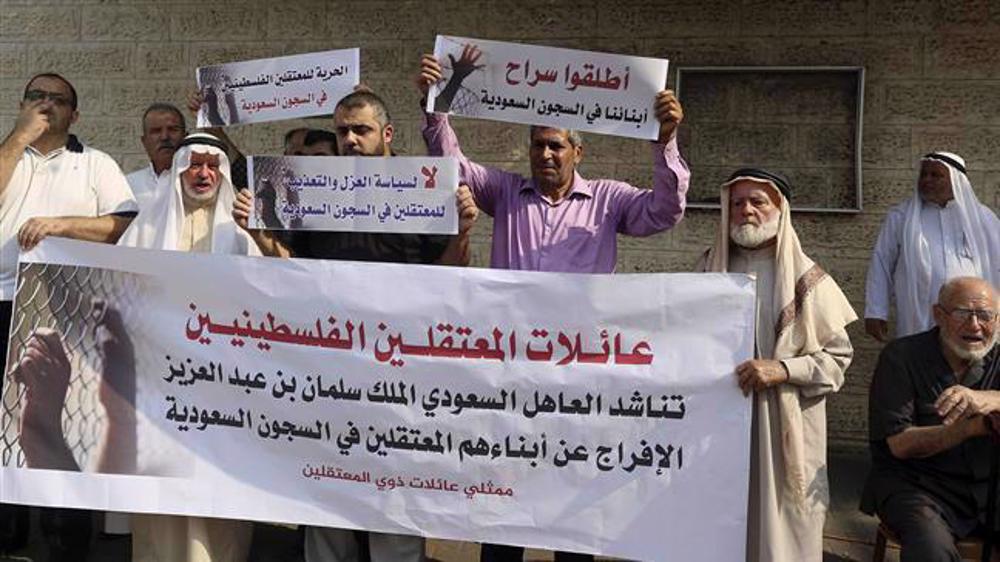
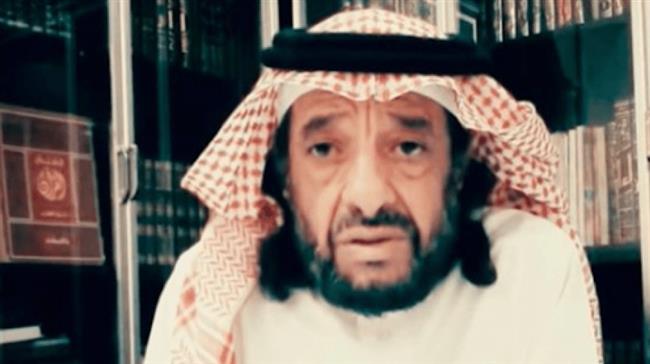

 This makes it easy to access the Press TV website
This makes it easy to access the Press TV website